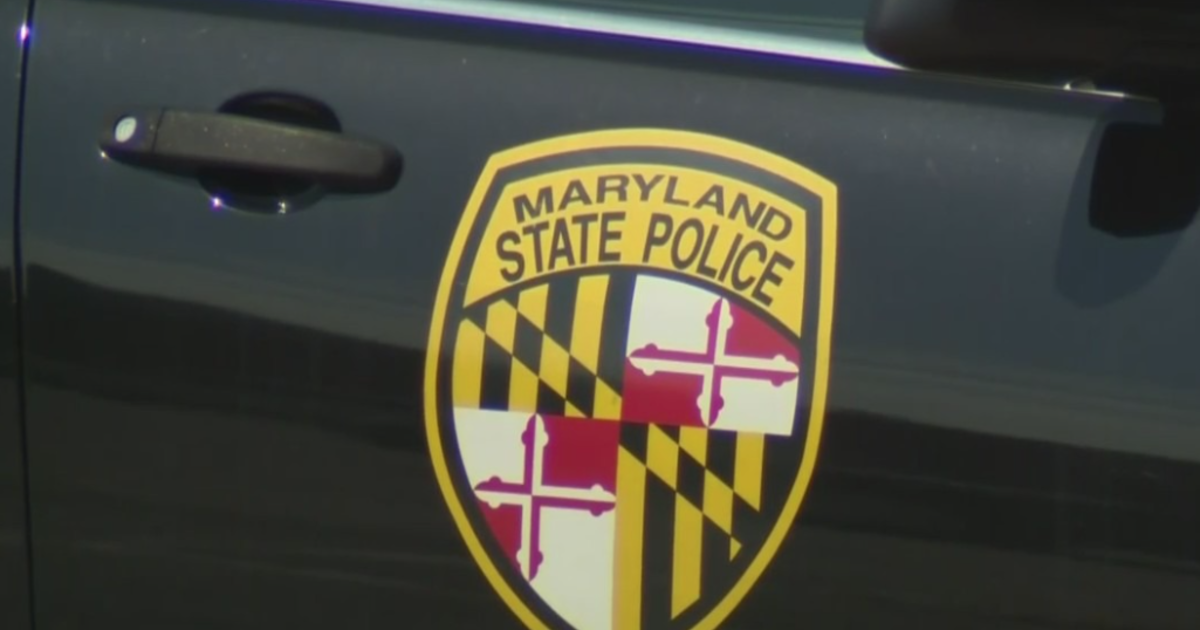Md. Senate Panel Votes To Raise Income Tax
ANNAPOLIS, Md. (AP) -- Maryland income taxes would rise and a split of teacher pension costs with local governments would be phased in over four years instead of one, under changes to Gov. Martin O'Malley's budget plan that were approved by the Senate Budget and Taxation Committee on Thursday.
The panel also voted to close loopholes that some counties have used to avoid maintaining the amount of money they are required to spend on education.
The income tax increase was described by supporters as modest for people in lower tax brackets, as higher earners would pay more. For example, single taxpayers who make up to $25,000 a year would see their state income tax rise from 4.75 percent to 4.9 percent.
Single taxpayers who make between $75,001 and $150,000 would see an increase from 4.75 percent to 5 percent.
"So for somebody making $40,000 a year, it's maybe $30 a year, and that's to protect our safety nets and maintain our investments in education, in roads, in public safety, in health care, so all in all, you know, we spent a lot of time working on this and trying to come up with the fairest, most equitable plan possible," said Sen. Roger Manno, a Montgomery County Democrat who sponsored the legislation.
Taxpayers filing jointly who make up to $50,000 would see an increase from 4.75 percent to 4.9 percent, while joint filers who make between $100,001 and $200,000 would see an increase from 4.75 percent to 5 percent. A couple making between $200,001 and $350,000 would see an increase from 5 percent to 5.25 percent.
"In these times, it is necessary for everybody to share the burden," Senate President Thomas V. Mike Miller, D-Calvert, said in a statement.
The committee included a wide range of budget cuts totaling about $262 million to take the place of the teacher pension shift, if it fails to find enough support in the full Senate. O'Malley's budget initially proposed splitting the cost, which is now paid entirely by the state, to save about $239 million in the budget for the next fiscal year.
Although O'Malley, a Democrat, had proposed revenues to soften the blow for counties in the first year by capping income tax deductions for Maryland residents who make more than $100,000, those proposals ran into opposition.
Instead, largely in order to phase in the teacher pension split and still cut an ongoing $1.1 billion deficit by more than 60 percent in future years, the Senate committee decided on the income tax increase to raise about $427.7 million annually.
"It was important that we came together to address both the short-term and the long-term needs of our state," Sen. Edward Kasemeyer, a Baltimore County Democrat who chairs the Senate Budget and Taxation Committee, said in a statement after the vote.
The panel incorporated cuts outlined in a so-called "doomsday" budget scenario -- in the event that lawmakers balked at shifting teacher pensions or failed to find a substitute for some of O'Malley's revenue proposals. Those cuts would affect a variety of areas in state government, including education, health and public safety.
The committee decided to keep O'Malley's proposal to expand the sales tax to online sales, which would raise an estimated $20 million a year. A tax increase on tobacco products other than cigarettes also was preserved.
The Senate panel rejected the governor's proposal to repeal a tax credit on Maryland-mined coal. The Senate also shot down O'Malley's plan to apply the state's sales tax to digital products, such as music downloads.
In addition, the package of budget legislation approved by the committee aims to address shortcomings on behalf of counties in recent years to comply with the state's maintenance of effort law for funding education. The law requires a county to spend at least the same amount on a per pupil basis as the year before, so counties don't go backwards in education funding.
Some counties have ignored applying for waivers from the state in recent years, so the committee voted to close a loophole and require counties to seek waiver requests. The measure also would give counties credit for years when they spent more than they were required to spend.
There are currently seven counties that are not meeting the requirement in the current fiscal year. They are Anne Arundel, Dorchester, Kent, Montgomery, Queen Anne's, Talbot and Wicomico counties.
The state's budget process still has a long way to go. The full Senate will have to approve it. Then, it will go to the House of Delegates, which could make changes of its own. Then, a conference committee of lawmakers from both chambers will be required to hash out the differences before the Legislature adjourns April 9.
Sen. David Brinkley, R-Frederick, noted that much could change.
"It may not end up looking anything like -- in its final form -- like it's being presented here," Brinkley said.
(Copyright 2012 by The Associated Press. All Rights Reserved.)







